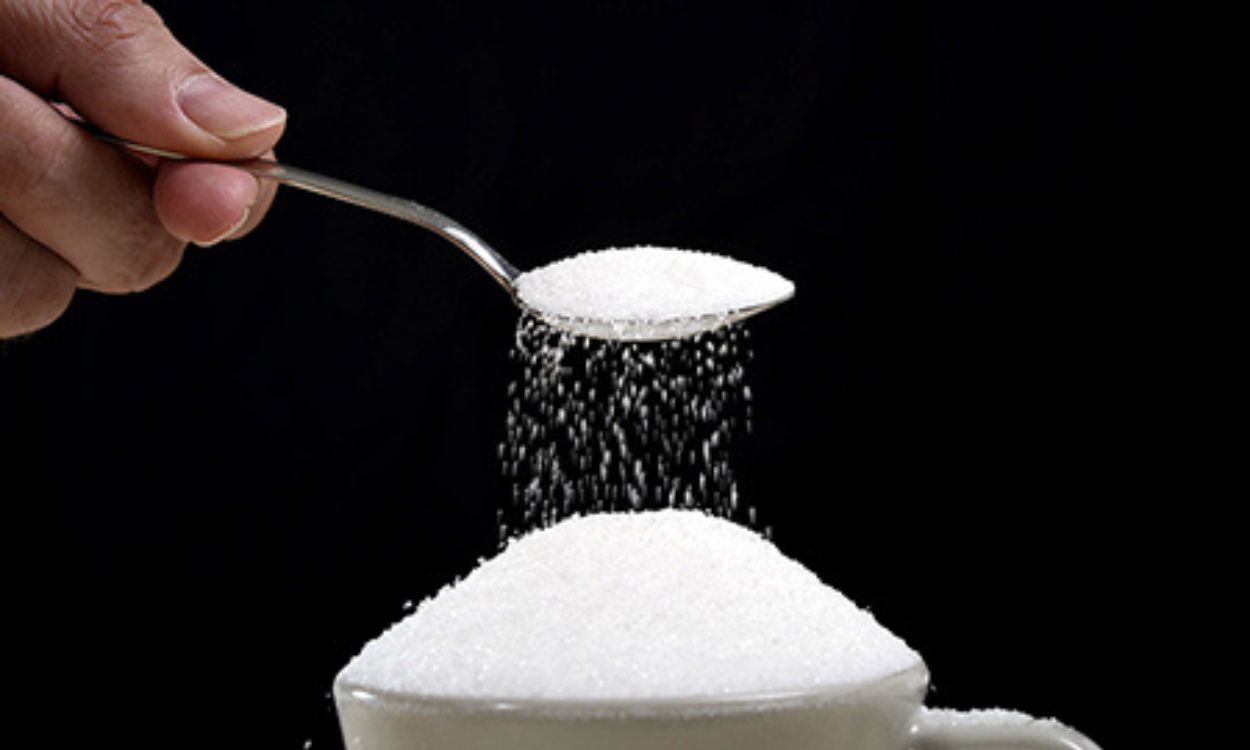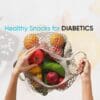Managing Diabetes Through Sugar Consumption: A Guide for Indians
Introduction:
Living with diabetes can be challenging, especially when it comes to managing sugar intake. Many people wonder if they should avoid all sugar if they have diabetes. In this article, we will explore the relationship between sugar and diabetes and provide guidance on how to navigate sugar consumption while effectively managing diabetes. If you’re looking for a comprehensive solution to your health and fitness goals, download the Fitpaa app today.
Understanding Diabetes:
Diabetes is a chronic condition that affects the body’s ability to regulate blood sugar levels. There are two main types of diabetes: type 1 and type 2. While type 1 diabetes is typically diagnosed in childhood and is not preventable, type 2 diabetes can be influenced by lifestyle factors, including diet and exercise.
Sugar and Diabetes:
Sugar, specifically refined or added sugars, can cause a rapid spike in blood glucose levels. For individuals with diabetes, managing these spikes is crucial. However, it is important to note that not all sugar is created equal. Natural sugars found in fruits, vegetables, and dairy products come with essential nutrients and are generally healthier options compared to added sugars found in processed foods and sweets.
Understanding Glycemic Index:
The glycemic index (GI) is a ranking system that classifies carbohydrates based on how they affect blood sugar levels. Foods with a high GI are digested quickly and cause a rapid increase in blood sugar levels. On the other hand, foods with a low GI are digested more slowly, leading to a more gradual increase in blood sugar. For individuals with diabetes, focusing on low GI foods can be beneficial in managing their condition.
The Role of Carbohydrates:
Carbohydrates are the main macronutrient that affects blood sugar levels. Therefore, it is essential to pay attention to carbohydrate consumption when managing diabetes. While reducing overall carbohydrate intake is important, it is equally crucial to choose complex carbohydrates over simple ones. Complex carbohydrates, such as whole grains, legumes, and vegetables, provide a steady release of glucose, preventing sharp spikes in blood sugar levels.
Sugar in the Indian Diet:
The Indian diet is rich in carbohydrates, particularly in the form of rice, chapatis, and sweets. It is essential for individuals with diabetes to modify their carbohydrate intake while still enjoying traditional Indian cuisine. Portion control, opting for whole grains, and incorporating a variety of vegetables into meals are effective strategies for managing blood sugar levels.
Finding Balance:
While avoiding excessive sugar consumption is vital for individuals with diabetes, completely eliminating sugar from the diet is not necessary. It is more about finding a balance and making mindful choices. Instead of relying on processed sweets, consider healthier alternatives such as natural sweeteners like jaggery or fruits. Moderation and portion control are key.
Using the Fitpaa App to Manage Diabetes:
The Fitpaa app provides personalized support and guidance for individuals managing diabetes. Through the app’s Metabolism Assessment, you can gain insights into your current metabolism and understand how it relates to your health and fitness goals. The Fitpaa Capsule, tailored specifically to your needs, incorporates medical therapy, exercise therapy, nutrition therapy, and cognitive behavioral therapy to optimize your metabolism and help you achieve your goals.
Conclusion:
In conclusion, managing diabetes involves making informed choices about sugar consumption. While it is important to limit intake of added sugars and high-GI foods, it is not necessary to completely eliminate sugar from your diet. With the right tools and support, such as the Fitpaa app, you can effectively manage your diabetes and achieve your health and fitness goals. Take control of your health and download the Fitpaa app today.









